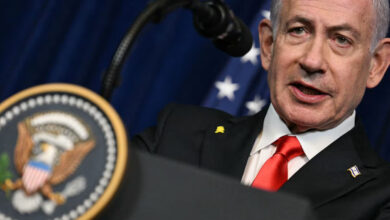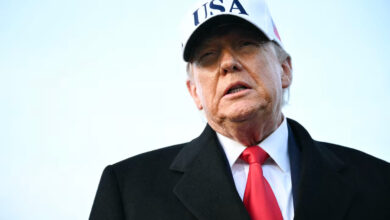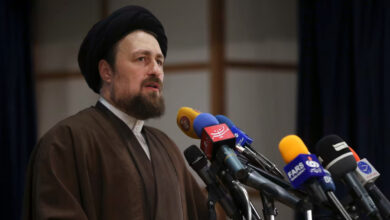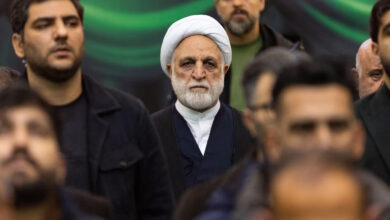VIENNA — Iran wants more talks with the UN nuclear watchdog, its ambassador to the body said, despite what one Western envoy called "very long and fruitless" negotiations this week on addressing growing suspicions about Tehran's atomic activities.
The relatively upbeat comments by Iran's ambassador to the International Atomic Energy Agency (IAEA) were in stark contrast to a terse statement issued by the UN agency on Wednesday after the two days of discussions in Tehran.
"Our position is that we are going to continue the talks for cooperation with the agency and we hope that this process will be successfully going on," said Ambassador Ali Asghar Soltanieh.
"We need a quiet environment, a calm environment to continue our professional work with the agency," he told Reuters late on Thursday.
The IAEA, a Vienna-based UN agency, said no further meetings with Iran are planned, signaling frustration at the lack of progress in two rounds of talks this year.
The setback increased worries about a downward spiral towards conflict between Iran and the West, and sent oil prices higher.
Western diplomats suspect Iran is merely seeking "talks about talks" in an attempt to ease outside pressure on the Islamic state while it presses ahead with nuclear work which the United States and its allies believe has military links.
Iran says allegations of nuclear weapons aims are baseless.
"We try to be cooperative," said Soltanieh. "We are dealing with the questions and we are trying to remove ambiguities."
The IAEA said Iranian officials refused to grant it access to a military site crucial for its investigations and also that there was no agreement on a way forward to clarify concerns that the Islamic Republic may be developing nuclear arms capability.
"Two very long and fruitless meetings"
Western diplomats said Iran had continued to stonewall the senior IAEA team during the talks, in which the agency sought answers to intelligence pointing to nuclear weapons research and development in the country.
"Essentially they had two very long and fruitless meetings," one Western envoy in Vienna said.
The Iranian side "systematically just claimed they have no clandestine program and therefore any questions raised [about possible military dimensions to Iran's nuclear program] were either incorrect or invalid," the diplomat added.
Iran rejects accusations that its nuclear program is a covert attempt to develop a nuclear weapons capability, saying it is seeking to produce only electricity.
But an IAEA report in November suggested Iran had pursued military nuclear technology. This helped to precipitate the latest sanctions by the European Union and United States.
One finding was information that Iran had built a large containment chamber at the Parchin military site near Tehran to conduct high-explosives tests. The UN agency said there were "strong indicators of possible weapon development."
Asked why Iran had not allowed the UN inspectors to visit Parchin, Soltanieh said: "For any visit and access there should be some sort of modality and agreement."
He added: "It was assumed that after we agreed on the modality then access would be given. Since the modality was not concluded due to time constraints … this was not possible."




